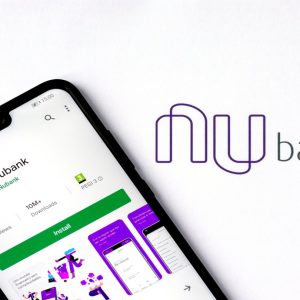
Multinational banking and financial services firm OCBC Bank has launched Google Pay’s peer-to-peer (P2P) funds transfer services in Singapore.
With the launch, Singapore becomes the third country in the world after the US and India, where the service is available.
The bank customers can download Google Pay mobile app on their iOS or Android devices to make instant P2P transactions through PayNow, by tapping on the funds in their current or savings accounts.
OCBC Bank global wealth management & consumer banking head Ching Wei Hong said: “OCBC has long been a champion supporting open payment ecosystems and promoting national payment schemes. With this partnership with Google Pay, OCBC customers can choose to pay their friends using Google Pay in addition to OCBC Pay Anyone with their linked OCBC Bank accounts.
“This is a testament to our partnership-driven strategy that has led us to develop a wide suite of payment solutions. Singaporeans continue to significantly increase their use of PayNow, with more than 70 million transactions worth S$12.16 billion in 2019.”
Google Pay to harness PayNow for real-time money transfers
By harnessing PayNow, Google Pay facilitates customers to make real-time money transfers to all their contacts who have linked their bank accounts to their mobile numbers.
PayNow is designed to enable digital payments directly between customers’ bank accounts. Launched in 2017, PayNow allows people in Singapore to make funds transfers using the recipients’ mobile numbers.
By integrating PayNow, Google Pay is expected to significantly impact the adoption and usage of PayNow across the nation.
Ching Wei Hong said: “We believe that our partnership with Google Pay will continue to help drive this trend in 2020 and beyond.
“We have long rejected the ‘digital wallet’ approach that requires customers to top up an e-wallet and hold funds in one without earning interest. Instead, we put a lot of effort into developing OCBC Pay Anyone as an open-loop payment system, whereby customers literally ‘pay anyone’ directly from their bank accounts.”
In March 2018, the Singapore-based bank established an artificial intelligence (AI) unit, as part of its efforts to advance the use of AI across banking services.






